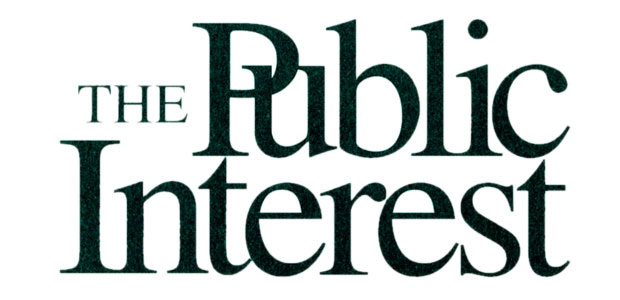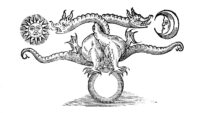As we witness the clown-like leadership circus happening in Washington D.C. it’s worthwhile to reflect on the leadership of our own locally elected officials and how well, or not, they are behaving and serving the public interest.
We have four major publicly elected boards or councils in our region: The Board of Supervisors, The Sonoma City Council, The Board of Trustees of the Sonoma Valley School District, and the Board of Trustees of Sonoma Valley Hospital. We vote only for the First District Supervisor, however.
Election to the leadership of a primary public institution is a serious matter. Not only are millions of dollars placed into the hands of such leaders for safekeeping and prudent use, but the decisions they make directly impact our lives. Accordingly, such serious business requires serious leaders, people who are willing and able to make defending the public good their first priority.
Beyond that august responsibility, public leadership also requires the ability and willingness to work hard; understanding budgets, laws and regulations takes time and effort to master. Unfortunately, that understanding generally comes with time and experience, and as amateurs, many beginning elected officials don’t master the details of their service until their first term is nearly completed. This is why doing the hard work of learning is so important. Public service of elected officials is not simply about having fun or achieving personal ambition.
This brings us to another necessary trait of good elected officials: the ability to establish relationships and work well with others. The odd fact of public service on a board or council is that five strangers are thrust together by the voters and are expected to work well together. People being people, and elected officials are people too, disagreements and differences arise.
Disagreements and differences can affect organizational effectiveness, and how elected officials conduct themselves when such differences arise is critical. Interpersonal conflict between board members can disrupt the work of the entire body. Part of accepting the responsibility of elected public service is a commitment to not letting personal feelings get in the way of functioning properly as a body. In this sense, leadership means setting aside one’s own personal agenda in favor of the public good. This is also why maintaining decorum, respecting the prerogatives of administration, and relying on “parliamentary” rules-of-order are important; they lubricate the institutional gears and reduce friction.
Too often we’ve seen boards and councils become ineffective due to the behavior of a single member and an inability of the group to come to terms with its differences. When this happens it’s the public which suffers most; when an elected body becomes dysfunctional the public good cannot be served. We see that happening in D.C. and from time-to-time, we’ve seen it happen locally. It’s painful to watch and even more significantly, destructive to the institution of governance itself.
Leadership bodies often lose sight of their role, which primarily is to establish policy, plan for the future and evaluate results. These tasks are job enough; without policy direction, no plan can be created, implemented by an administration, or evaluated for its success or failure. Getting caught up in the minutia of administrative details neglects the real role of leadership, which requires maintaining a long-term view that looks beyond mere day-to-day occurrences and focuses on the protecting the public interest into the future.






Very very safe article…. Almost an overview of the local political scene without any real opinion or taking a stand.. I’d love to hear what you really think Larry…..